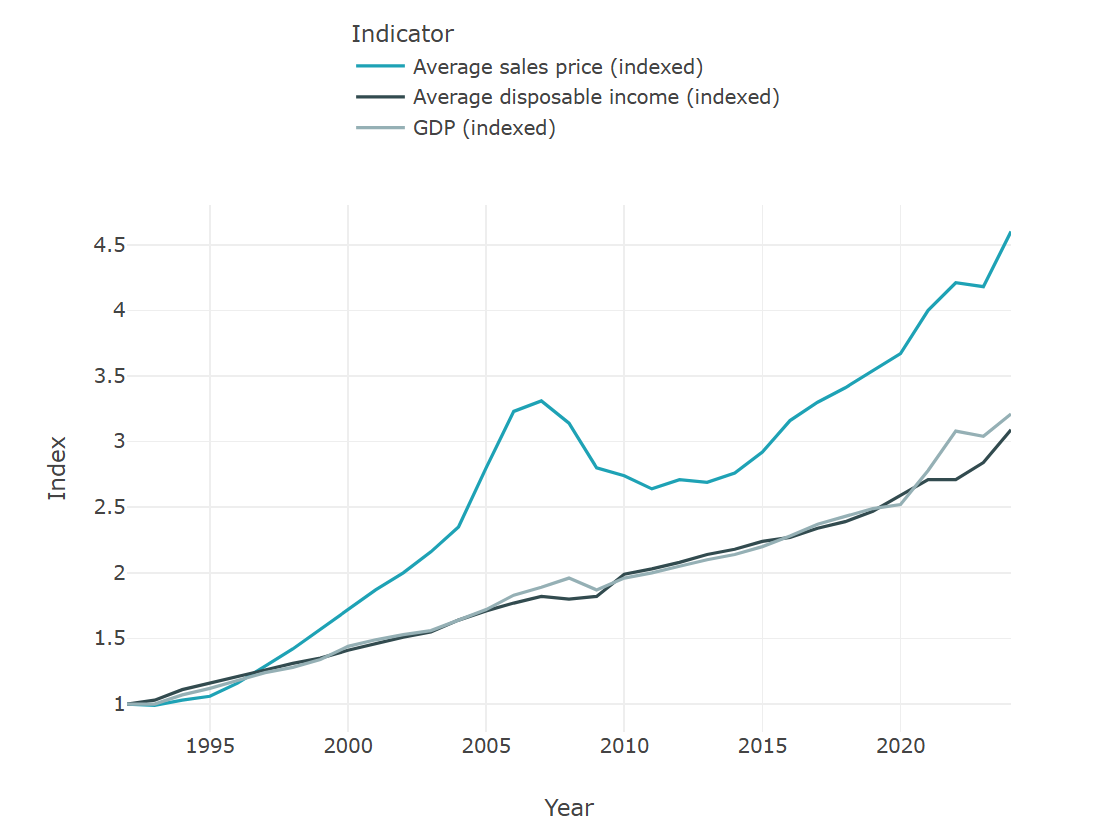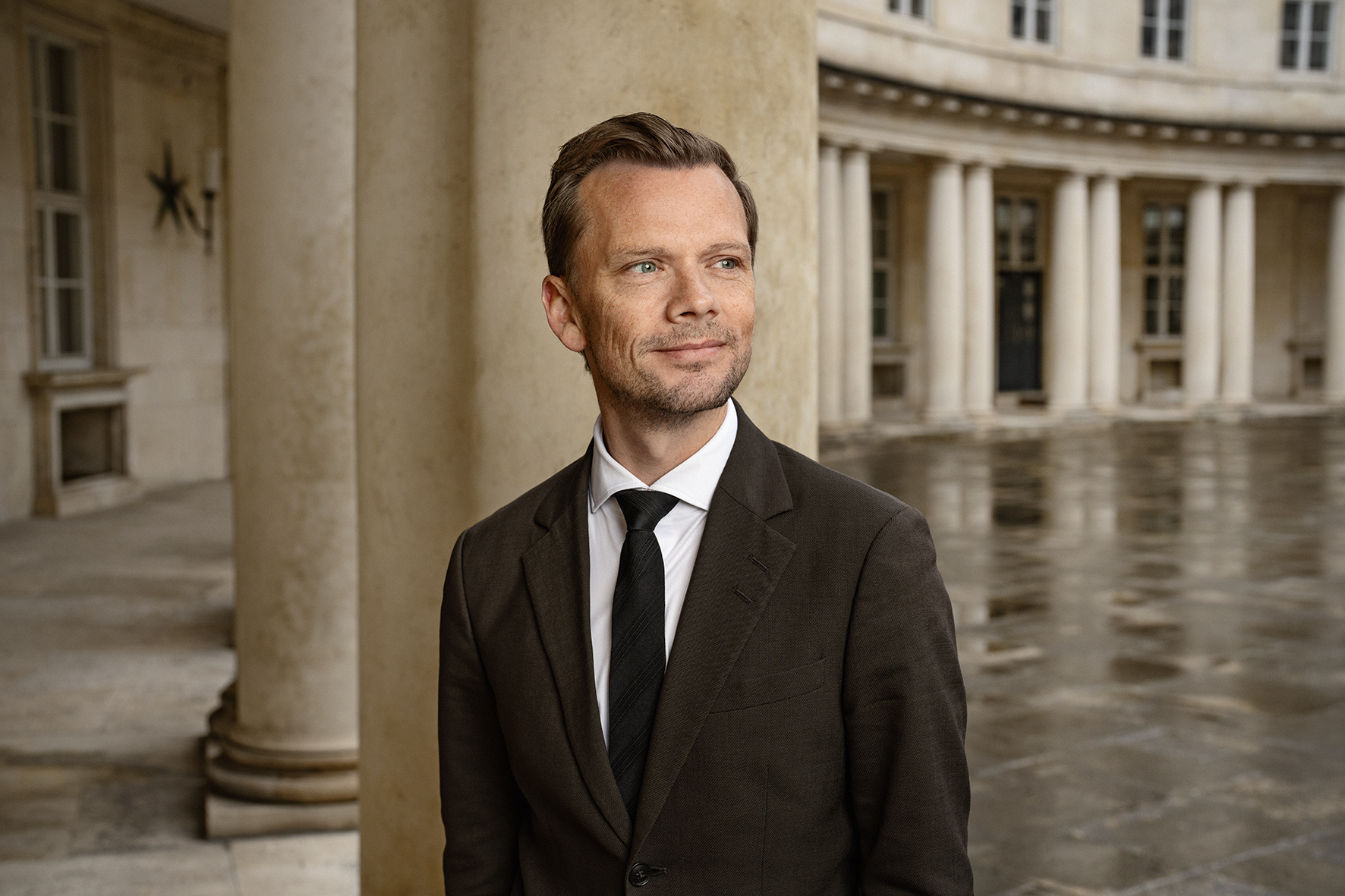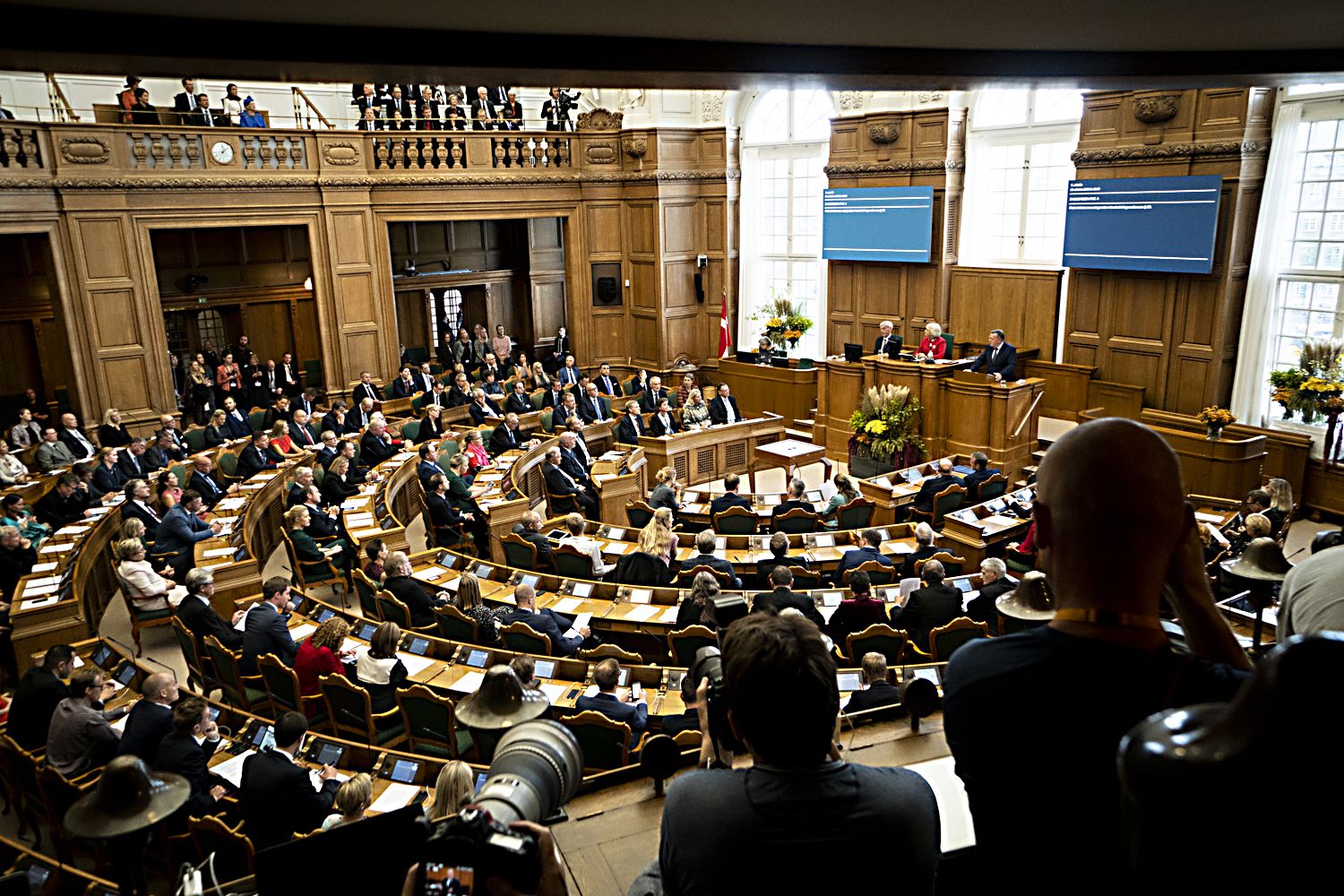A 15-month-old Croatian child understands approximately 150 words, while a Danish child of the same age understands just 84 on average.
It’s not because Danish kids are dumb, or because Croatian kids are geniuses. It’s because Danish has too many vowel sounds, according to Dorthe Bleses, a linguist at the Center for Child Language at the University of Southern Denmark.
“The number of vowels has big significance for how difficult it is to learn a language. Many vowels makes a difficult language,” Bleses told Weekendavisen newspaper in 2011.
READ MORE: Danish language much harder than Norwegian and Swedish, argue linguistics experts
Forty vowel sounds to master
The official number of vowels in Danish is nine: a, e, i, o, u, æ, ø, å and y.
“’Y’ isn’t a vowel,” you say? Well, in Danish it is. In Danish, even consonants are vowels.
But written Danish is not the issue. The problems start when Danes speak. In spoken speech, Danish actually has some 40 vowel sounds, explained Bleses, depending upon where the vowels are placed in words and sentence strings.
To make matters worse, modern Danes ‘swallow’ lots of the remaining consonants that would create more audible definition, or annunciation, between words. Linguists call it ‘reduction’ or ‘ellision’. It is how ‘probably’ becomes ‘probly’ in American English. In Danish, it is how ‘spændende’ becomes ‘spen-nă’, and how a simple, little sentence like ‘Det er det‘ becomes ‘dā-ă-dā’ …
Hardest to learn
While marvelling at Danish pronunciation is an amusing pastime for tourists, immigrants and other Scandinavians, the irony is that the pronunciation is terribly hard even for Danish children to learn.
Bleses researched how children in seven different cultures acquire their native languages. Of the seven – Danish, Swedish, Dutch, French, American English, Croatian and Galician – she found that Danish was the most difficult for children to learn.
She discovered that the number of vowel sounds in a language determine not only how many words a 15-month-old baby understands, but also the number of words a child is able to speak and use. Accordingly, the linguist contended, young Danish children have smaller vocabularies than children learning the other six languages.
A decade of development
Does the difficulty of the language have anything to do with how early children begin learning in school? Bleses thinks so.
“Of course it’s important that the teacher knows these things in the earliest school grades and can explain the difficult connection between the sounds and the letters. For that reason the learning ability can take a little longer to develop,” she told Weekendavisen.
“But the difference between the Croatian child and the Danish child doesn’t persist. Once the children have reached the third or fourth grade, the linguistic code has been cracked, and then other things have significance for whether the student learns well,” she added.
In other words, according to the linguist, it takes Danish children with Danish parents until they are nine or ten years old – in the third or fourth grade – to “crack the code” of the Danish language.
NOTE TO READER: This story was first published in 2011.













